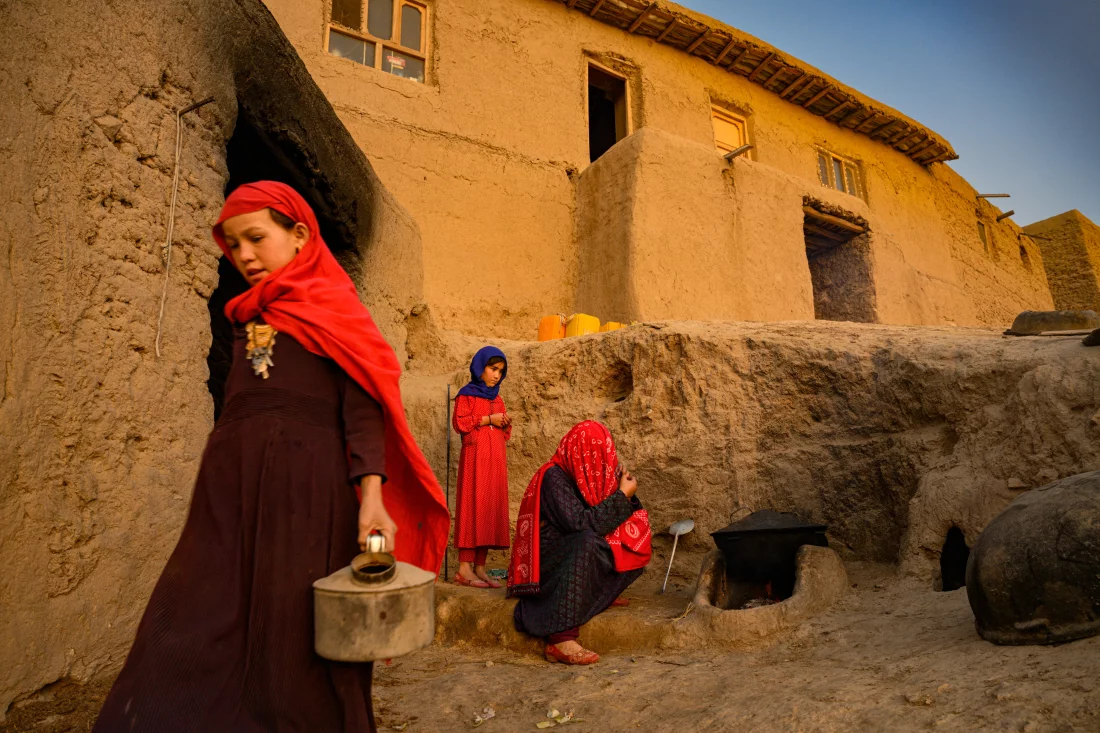For the first time since the Taliban takeover in 2021, a delegation from Afghanistan has been invited to the United Nations signature climate conference: the 29th Conference of Parties (COP).
Following U.N. protocol, this year’s host nation — Azerbaijan — issued the invite.
It’s not a full-blown invitation. Because the U.N. does not recognize the Taliban as the official government of Afghanistan due to its repressive policies, the Afghan delegates — members of the National Environmental Protection Agency (NEPA — cannot participate in decision-making events.
Nonetheless, the Taliban has said it is eager to participate. “The Afghan delegation will discuss strengthening international cooperation in the field of environmental protection and climate change,” stated a Taliban press release prior to the U.N. event.
Afghan climate scientists and activists, even those critical of the Taliban, welcome this development. “I consider it a very important move because it paves the path to the negotiation with climate change funds, which halted their [Afghan] projects in the past three years,” says Assem Mayar, a water resources expert and former lecturer at Kabul Polytechnic University.
“Afghanistan is not officially in the agenda, but having NEPA delegates as observers makes a difference,” says Abdulhadi Achakzai, a climate activist with a Kabul-based environmental nonprofit who participated in the summit as an observer.
“Their participation initiates a trust-building effort between international stakeholders,” he says, which is imperative if the world “is committed to combating the climate crisis.”
A hard-hit country
Afghanistan is among the countries worst impacted by climate change, according to the U.N.; droughts and extreme temperatures have displaced hundreds of thousands of people in recent years.
Read full article on NPR
